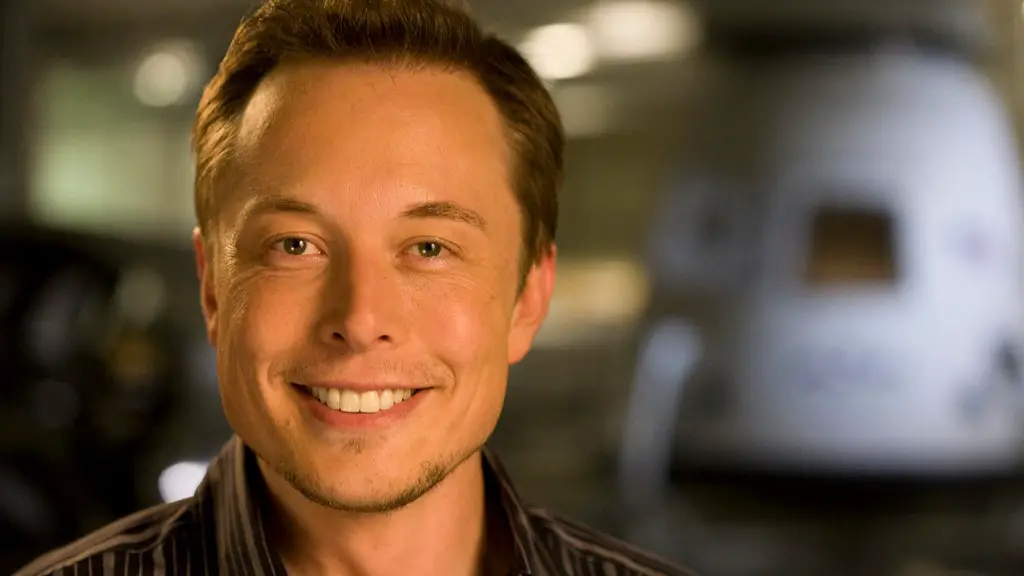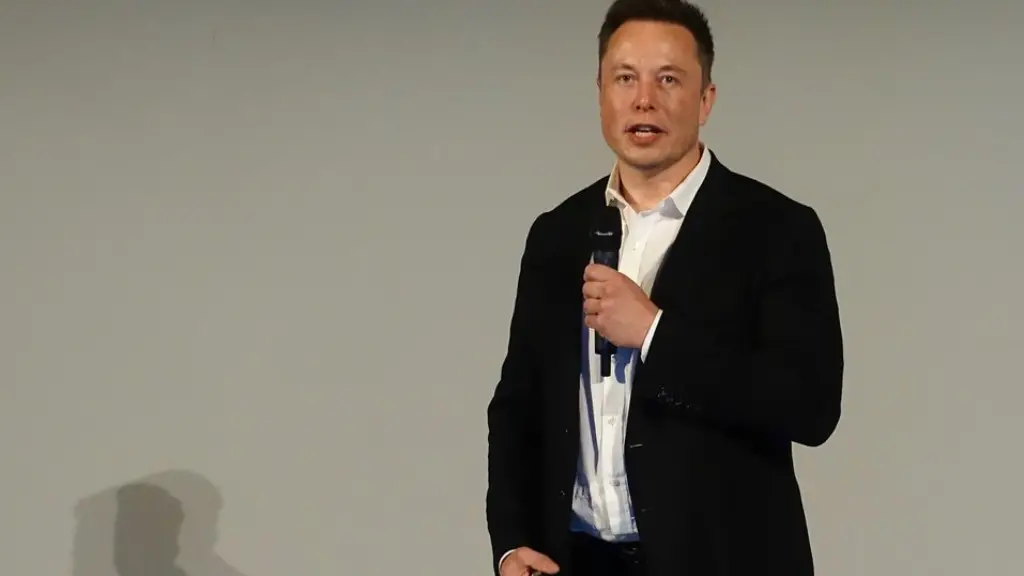Fear of AI
In the near future, the era of Artificial Intelligence (AI) is expected to revolutionize the world in unimaginable ways. However, many are wary of its development, including renowned entrepreneur Elon Musk, who has expressed his fear of AI becoming an existential risk to humanity. This article will explore Musk’s fears and reactions to the prominent danger associated with AI.
In 2017, Elon Musk declared that AI posed a “fundamental risk to the existence of civilization.” Musk suggested that “AI software may become invested with its own agenda which could go against the human race.” His alarm is strong enough to call for regulation and oversight of the development of AI.
AI experts, however, believe that AI is still at a nascent stage, and experts point out that AI cannot be programmed with concern and fear. “AI has only just taken its baby steps,” said the director of the Oxford Martin Programme on AI, professor Nick Bostrom. “Technology hasn’t yet reached the point where AI can become a threat; and programming AI to possess emotions and simulations of ‘fear’ would be a major challenge in itself.”
It is no secret that Elon Musk worries about the potential dangers of AI, which he said could be “more dangerous than nukes.” In fact, Musk has recently been outspoken about his worries regarding the progress in AI, particularly with regards to military developments. Musk has said that “AI has the potential for far more disruption and destruction than nuclear weapons, so if you think about the future of warfare, it’s not going to be the traditional invasion style, it’s going to be more like the Matrix. Where are you going before you know it, someone has taken control of all your assets, including your mind.”
Musk has debuted several initiatives in an attempt to control and monitor the advances of AI. In 2015, Musk co-founded OpenAI, a not-for-profit organization aiming to promote research on and development of “friendly” artificial intelligence. Musk’s fears led him to be partnered with organizations such as The Future of Life Institute that put limitations on autonomous weapons. He also donated one million dollars to the institute’s campaign.
Practical Applications
Although Elon Musk is concerned with the potential dangers of AI, he is simultaneously investing in practical applications of AI. Tesla, a company floated by Musk, has developed Autopilot, an AI-driven automobile which can self-drive and operate with no input from the driver. Although AI has the potential to threaten humanity, Musk’s Autopilot allows vehicles to operate with high precision and safety.
Musk’s SpaceX, an aerospace manufacturing and transport company, also applies elements of AI. AI assists with computing and operation scheduling, thus improving speed and enabling complex movements of SpaceX’s Falcon 9 Rocket. AI systems have shown that complex simulations and calculations can be undertaken much more efficiently and accurately than if humans were to run them.
Musk’s ventures have the potential to improve safety and speed of mundane tasks, if used in the correct way. The fact that Musk is investing in practical applications of AI has re-affirmed the public’s belief that he is aware of the potential of AI, as he balances its use with the need for caution.
Conclusion
Elon Musk’s fear of AI is meaningful and relatable, as the development of AI poses genuine challenges and requires responsible consideration. Scientists and experts agree that current AI programs and systems should be monitored cautiously and responsibly by governments; but significant development and research is still required to eliminate the potential danger. The dangers and potentials of AI should be kept in perspective, as AI remains a powerful tool which can be utilized to improve the quality of human life and increase productivity.
Advantages of AI
There are several advantages to Artificial Intelligence that can benefit both humans and businesses alike. AI can free people from the mundane and labor-intensive tasks, allowing them to focus on the more creative and meaningful aspects of their job. AI can also improve efficiency, accuracy, and productivity in businesses. For example, AI can be used to automate customer service systems, helping to reduce costs and response times, in addition to improving customer satisfaction. AI can also help with data-driven decision making, as it can capture and process large volumes of data quickly and accurately. Finally, AI can improve safety, as it can detect potential dangers and take preventive measures in a much faster and more efficient way than humans.
AI and the Job Market
Some people are concerned that AI will take away jobs, but this is not necessarily true. AI can help create new jobs in addition to eliminating some of the undesirable and repetitive ones. AI can help streamline and automate work that would otherwise be done manually, freeing up human resources to focus on more creative and meaningful tasks. For example, AI has been used to analyze customer data, helping companies become more efficient and responsive. Additionally, AI can help businesses make better decisions, resulting in more efficiency and productivity.
Ethical Considerations
Aside from potential dangers, the development of AI also raises ethical questions. Humans should be conscious that machines have been designed to make decisions that may have ethical consequences. When AI systems are asked to make decisions, such as medical interventions or self-driving cars, humans have to consider what is the best course of action. Additionally, AI systems can soon be capable of replicating human behavior and making decisions that may be difficult for humans to understand. It is therefore important for humans to consider the potential ethical issues when designing and programming AI systems.
Developing Trust in AI
In order for AI to be seen as a reliable source, trust needs to be established between humans and machines. AI developers must ensure that AI systems are transparent, meaning that their decision-making process should be clearly outlined. Additionally, AI systems must be accountable, meaning they should accept responsibility for their actions. Finally, AI systems should be secure, meaning they must be insulated from external factors that could influence their decisions and performance. By establishing trust between humans and machines, AI systems can be seen as reliable sources and thus be used more effectively in a variety of contexts.



